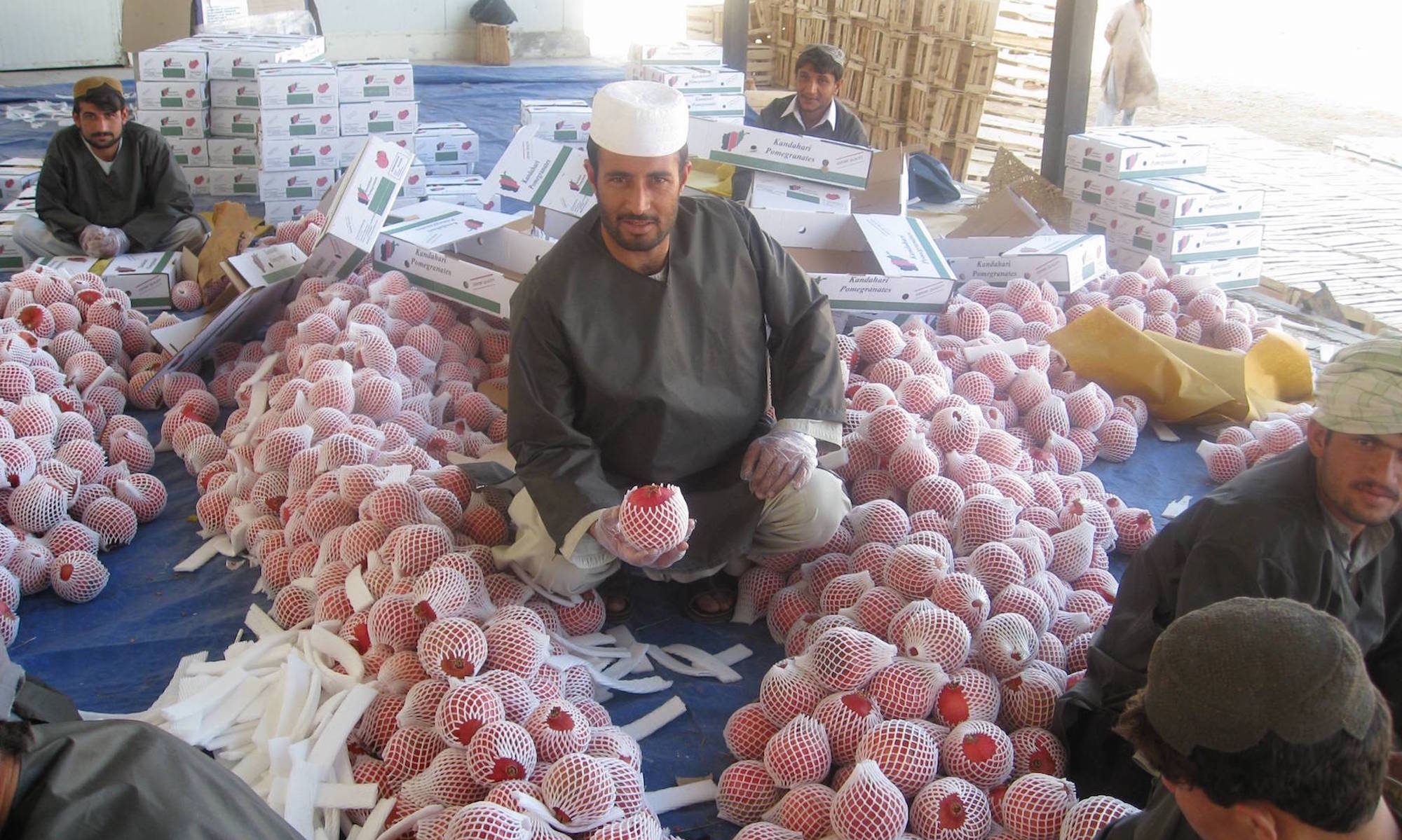International peace-building interventions in post-conflict countries are intended to transform the socio-political context that led to violence and thereby build a stable and lasting peace. Yet the UN’s transitional governance approach to peace-building is ill-suited to the challenge of dealing with the predatory political economy of insecurity that often emerges in post-conflict societies. Evidence from peace-building attempts in Cambodia, East Timor and Afghanistan illustrates that the political economy incentives facing domestic elites in an environment of low credibility and weak institutionalisation lead to a cycle of patronage generation and distribution that undermine legitimate and effective governance. As a result, post-conflict countries are left vulnerable to renewed conflict and persistent insecurity. International interventions can only craft lasting peace by understanding the political economy of conflict persistence and the potential policy levers for altering, rather than perpetuating, those dynamics.
Financing and Aid Management Arrangements in Post-Conflict Settings
This note, summarizing the analysis and recommendations of an upcoming CPR Working Paper of the same title, looks at issues related to financing modalities and aid management arrangements in post-conflict situations. It makes a number of recommendations based on a review of several recent case studies, of which four are assessed in detail: West Bank and Gaza, Bosnia and Herzegovina, East Timor, and Afghanistan. It focuses on the lessons of experience on multi-donor trust funds and on the recipient government’s aid management architecture in post-conflict settings. This paper is concerned with the specific issues of financing modalities and aid management arrangements in post-conflict situations, and advances a number of recommendations on the basis of a review of several recent cases, among which four are assessed in detail: West Bank and Gaza, Bosnia and Herzegovina, East Timor (Timor-Leste) and Afghanistan. While generally applicable recommendations do emerge from the review, the most important recommendation is to tailor the design and sequencing of financing and aid coordination to the circumstances of the specific case.
